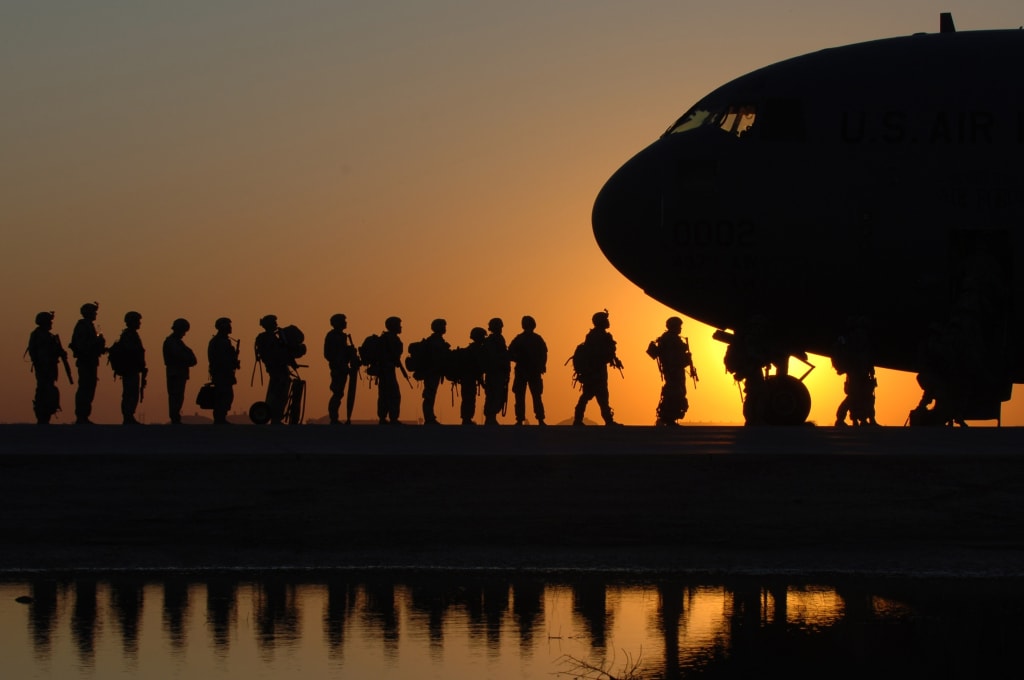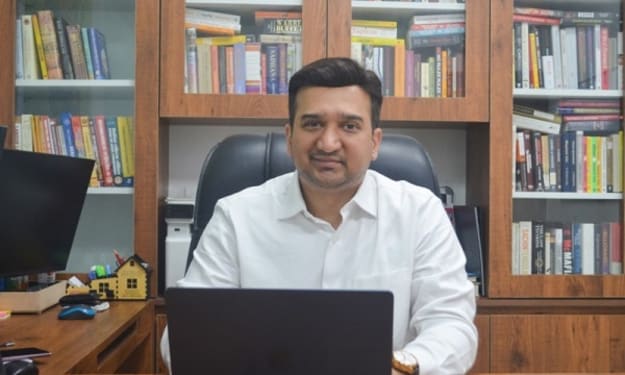Bloody Coup
What led Jerry Rawlings to carry out a violent coup?

On June 4, 1979, Flight Lieutenant Jerry Rawlings was released from prison by other ranks of the Ghanaian army to lead a coup d'etat that became known as the June 4th revolution in Ghana. This event had a significant impact on West Africa and was the culmination of a turbulent period between 1972 and 1979, which was considered the most tragic and dramatic in Ghana's history. General Fred Akufo, head of the Supreme Military Council, later put Rawlings on trial for attempting to overthrow the government on May 15, 1979.
Ghana had experienced several military coups since its independence in 1957. In 1966, the civilian administration led by President Kwame Nkrumah was overthrown by military leaders who cited abuse, corruption, and the absence of democratic practices as reasons for the coup. The National Liberation Council was established to rule until the beginning of the second republic in 1969. In 1972, General Ignatius Kutu Acheampong overthrew Oxford anthropologist Kofi Busia in a coup, accusing his administration of corruption, economic mismanagement, and policies that lowered the army's morale. Acheampong was then charged with ruling the nation, and he established the National Redemption Council and later introduced the Supreme Military Council in 1975.
Under Acheampong's rule, Ghana initially had good economic fortunes, but the country experienced dramatic economic decline and unprecedented corruption after two years. The revenues from cocoa were pocketed by the SMC and associated profiteers, and the country's economy, already near bankruptcy under previous governments, collapsed completely. A period of high inflation ensued, causing a scarcity of inputs for farming, spare parts, and raw materials for industry. The working class was paid in money that rapidly lost its value, and Ghana experienced unprecedented strikes and industrial unrest. Many Ghanaians emigrated to other countries, and the country faced a period of calabule, which entailed fraud and trying to make excessive profits.
The climax of the period of the achievement regime was reached between October 1976 and July 1979, commonly referred to in Ghana as the Union Government or the Unigraph period. Rawlings' coup was a culmination of the people's dissatisfaction with the state of the nation and the corrupt government, leading to the June 4th revolution. African Biographics examines the events surrounding Ghana's famous June 4th revolution of 1979.
The 1979 Ghanaian election was scheduled to take place on June 18th. However, on May 15th, a group of military personnel led by Flight Lieutenant Jerry J. Rollins attempted to overthrow the government. Jerry Rollins was born in June 1947 in Accra, Ghana, to a Scottish father and an Ewe mother. He attended the prestigious Achimota Secondary School and joined the air force the following year after finishing his cadet training.
At the time of the attempted mutiny, Rollins was a flight lieutenant attached to the Number Four Jet Squadron in Accra. He identified with a group within the armed forces who believed in the need for radical political change in Ghana. The public dissatisfaction with the government had reached a point where there were demands for civilian government and the punishment of those responsible for corruption and mismanagement. This led Rollins to lead a small-scale armed forces mutiny on May 15th, 1979, but it failed, and he and his associates were arrested.
Later, Rollins and his men appeared before a court-martial where he explained that his intentions were not to take power to stay in power but to clean up the armed forces. Rawlings expressed concern about the extent of foreign domination of Ghana's economy. Newspaper reports of the proceedings from this trial gained Rollins widespread popularity in Ghana.
The situation in Ghana reached a new level in early June of 1979. On the night of June 3rd, a group of junior officers and enlisted personnel of the 5th Battalion and the Reconnaissance Regiment in Camp Burma staged a bloody coup and freed Jerry Rollins. He did not know of the plan ahead of time. However, Rollins was perfectly cast to play the hero who would unite a fractured public.
At 6:00 am on June 4th, 1979, Rollins gave an improvised speech live on the radio, announcing the formation of a 15-member armed forces revolutionary council, the AFRC. He became the chairman of the council, primarily composed of junior army officers. He declared that the AFRC was firmly in control of the situation and that they did not intend to cling to power. The AFRC would ensure a smooth transition to constitutional rule, as planned.
Rollins said that anyone trying to abuse the situation would face the consequences before the firing squad. The AFRC was seeking total justice and would use revolutionary methods to pursue it. The months that followed were probably the most dynamic in Ghana's history as a nation. At the church, both men prayed briefly before being taken to the Teshi firing range, which was to serve as the place of execution. This act had a significant impact on Ghana, as ministers, regional commissioners, top civil servants, and managers of state enterprises were instructed to declare their assets. Those who had obtained their assets illegally faced confiscation and prison sentences. The soldiers went into the streets and markets to ensure that goods were sold at prices set by the government. During this time, Ghana officially operated under a system of controlled prices, but shortages and inflation caused the system to break down. As the army patrolled and visited different marketplaces, queues of people formed as they watched the soldiers beat up traders who had overpriced their goods and ordered them to wear a sign saying "I am a chief of kalabule."
The international community responded to the Ghanaian revolution by putting pressure on Rawlings and the AFRC to ease up. Togo and Benin sent diplomatic missions to try and save the life of Fred Akufo, while Nigeria reduced its oil supply to Ghana, reducing Ghana's 90-day credit to 30 days and eventually breaking off oil supplies altogether. Petrol rationing ensued, leading to severe transportation problems, which were eventually alleviated by a new agreement on oil supplies with Algeria and Libya. Supplier credit was suspended, and foreign aid money was withheld. Within Ghana, these international reactions were seen as hypocritical.
Divisions within the AFRC emerged, but they did not materialize. As promised by Rawlings and the AFRC, elections were held as scheduled. The election was a contest between two main parties: the People's National Party (PNP) and the Popular Front Party (PFP). The PNP, led by Dr. Hila Lehmann, won 71 seats, while the PFP, led by Viktor Obuso, won only 42 seats. On September 24, 1979, after three months in charge, the AFRC and Jerry Rawlings handed over power to the newly elected Third Republic, with a warning to the new president, Dr. Hila Lehmann, that the soldiers would be watching.
Rawlings remained the most popular man in Ghana, and with the help of a new batch of radicals, he plotted his return to power. The Third Republic of Dr. Hilla Lehmann would be overthrown in 28 months on December 31, 1981, once again by Jerry Rawlings. However, that is a story for another day.
About the Creator
Bob Oliver
Bob is a versatile writer & communicator passionate about exploring diverse topics & perspectives. I have written for various media outlets. And I believes in using words to inspire positive change. #writing #communication #passion






Comments
There are no comments for this story
Be the first to respond and start the conversation.